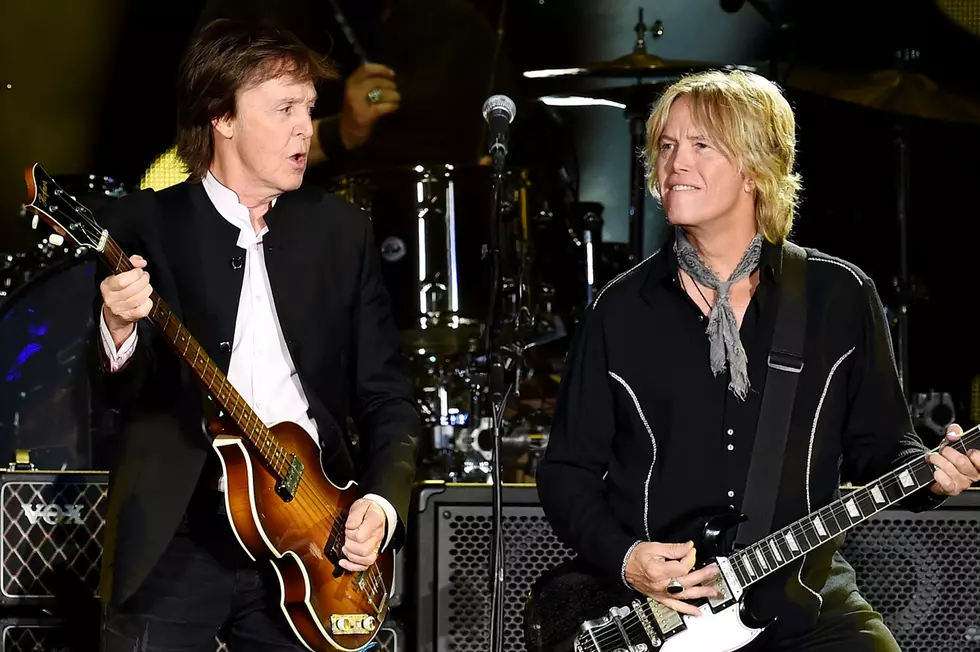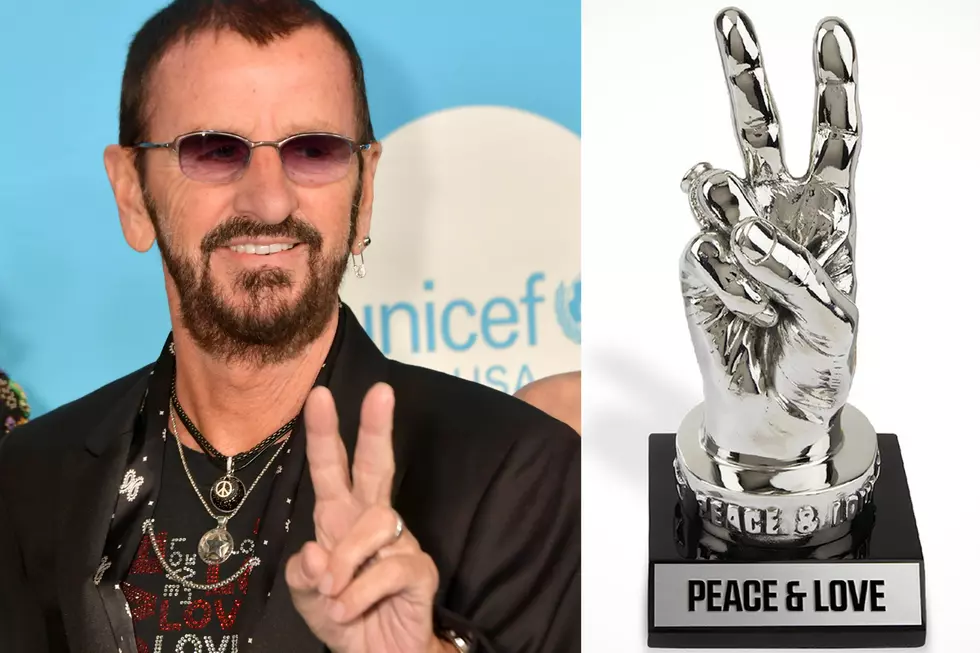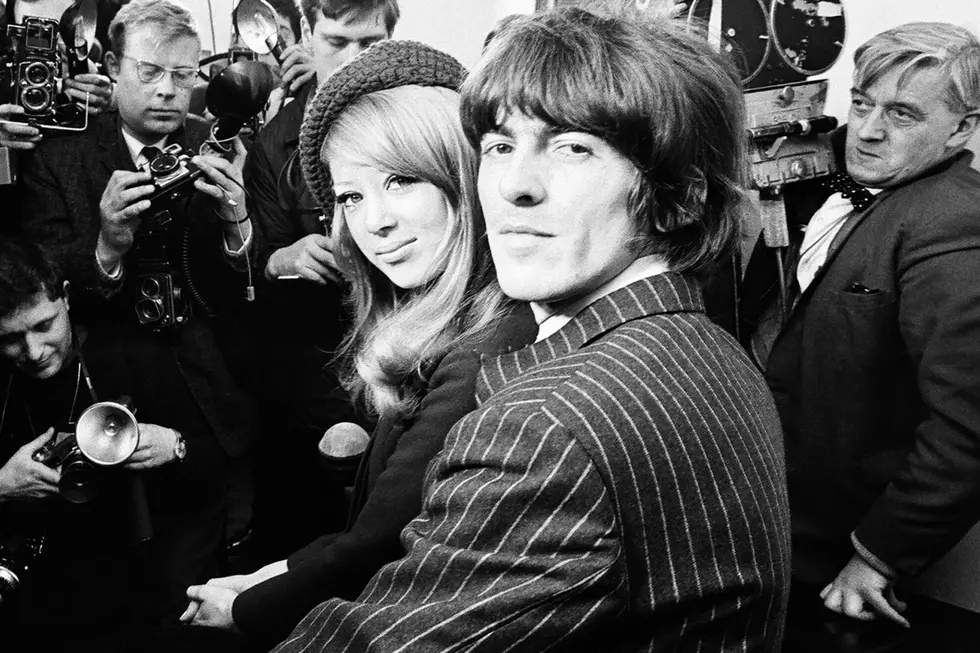
Behka’s Breakfast with The Beatles Recap: Week of May 5
Every morning at 6:00 a.m. to begin the morning show, I play a song by my favorite band, the Beatles. I try to give you some trivia about the track and its recording, and then we all learn a little something.
On Monday, I played "How Do You Do It?"
The song was written by Mitch Murray, who wrote for the Dave Clark Five and other pop acts (and his book,"How to Write A Hit Song" inspired The Police front-man Sting to start writing songs). He offered it to Adam Faith and then to Brian Poole but was turned down. It eventually went to another Liverpool group, Gerry and the Pacemakers, who had a hit with it. George Martin, The Beatles' producer, decided to pick it up for the new group as the A-side of their first record release. The Beatles were against using it as they felt it didn't fit their sound - and they didn't want to put out a single that they themselves didn't write. But, having to accept it, they worked out changes from the version on Murray's demo disc. These included a new introduction, vocal harmony, an instrumental interlude, small lyric changes, and removal of the half-step modulation for the last verse. They recorded it in September, 1962; Murray didn't like the changes to his song, but it was mainly business considerations that led to a decision to not release the Beatles' version. (The recording finally appeared in 1995 on the group's retrospective Anthology 1 album.)
On Tuesday, I played "Honey Pie".
The song is a direct homage to the British music hall style. Paul McCartney's father was an amateur musician in the jazz and dance halls of the 1920's, and would play songs in this style in the McCartney home all throughout Paul's childhood. The premise—a humble admirer yearning for the return of his lover—is not unlike a typical music hall plot. In order to establish an appropriate, old-timey sound, 'crackles' were added to the third line, "Now she's hit the big time!" from a 78 RPM record.
On Wednesday, I played "Don't Bother Me".
"Don't Bother Me" is the first song written by George Harrison to appear on an album by the Beatles. Harrison wrote the song while ill in bed at a hotel room in Bournemouth, England, where the Beatles were playing some shows during the summer of 1963. He'd been pestered a lot by people in the press and in the Beatles offices about when he would start writing songs like Lennon and McCartney. He considered it an exercise in whether he could write a song, later saying, "at least it showed me that all I needed to do was keep on writing, and then maybe eventually I would write something good."
On Thursday, I played "I'll Be On My Way".
"I'll Be on My Way" is considered to be the first song that Lennon and McCartney "gave away", and the Billy J. Kramer with the Dakotas' version of the song is included on the EMI album The Songs Lennon and McCartney Gave Away. In 1963, the Beatles and Billy J. Kramer with the Dakotas were both acts managed by Brian Epstein, with George Martin as their producer. The song may have been influenced by the musical and lyrical style of Buddy Holly. The persona forces a happy-go-lucky view on his break-up to make himself feel better, similar in character to Holly's 1959 song "It Doesn't Matter Anymore". This performance was recorded for the radio, and included on the disc Live at the BBC.
On Friday, I played "Don't Pass Me By".
"Don't Pass Me By" is a song by the Beatles from the White Album. Lead vocals were performed by Ringo Starr. It was Starr's first solo composition. Its earliest mention seems to be in a BBC chatter session introducing "And I Love Her" on the radio show Top Gear in 1964. In the conversation, Starr was asked if he had written a song and Paul McCartney mocked him soon afterward, singing the first line "Don't pass me by, don't make me cry, don't make me blue." The line, "I'm sorry that I doubted you, I was so unfair, You were in a car crash and you lost your hair", is cited by proponents of the "Paul is Dead" urban legend as a clue to McCartney's fate; the line "you lost your hair" is claimed to be a reference to "When I'm Sixty-Four" (which was written by McCartney). However, the expression "to lose one's hair" was a fairly common English idiom, and simply means "to become anxious or upset".
Let me know if there's something you'd like to hear next week. Let me know here, or give me a call at 826-9210!
Beat-tastically yours,
Behka
More From Mix 92.3









